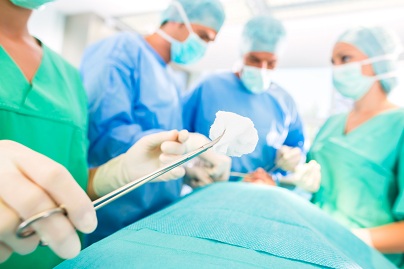Tissue engineering: smart skin and bone substitutes

Related topics
Health Funding Researchers Marie Skłodowska Curie actions Health, Demographic Change and Wellbeing Netherlands Sweden Switzerlanddate: 03/11/2014
Project: Training Multidisciplinary scientists fo...
acronym: MULTITERM
See also: CORDIS
Contact: Contact
The development of a special smart gel that works optimally inside the human body is just one of the innovations of the MultiTERM team. Project representatives are confident: with the right industrial partners, this innovation could be commercialised within three years.
The project team also developed non-invasive imaging techniques to monitor the success of each tissue implant. This is important for providing doctors with information on the result of the implant procedure and to follow up with alternative treatment, if necessary.
“Many patients could benefit from the materials we are creating without having to rely on donors,” says project coordinator Egbert Oosterwijk, PhD at Radboud University Medical Center in the Netherlands. “These materials that can repair, regenerate or replace damaged bones and skin could also last much longer than the usual 15 or 20 years of donated tissues. This alone could help decrease the burden on healthcare systems,” he adds.
A collagen scaffold for bladder reconstruction, a gel for bone fractures arising from osteoporosis as well as artificial skin and cartilage are examples of tissues that were studied and developed by the MultiTERM team. The research is promising.
Beyond its scientific objectives, the project team also set up a training network aimed at preparing specialist and highly desired scientists for companies and academia in the field of tissue engineering and regenerative medicine (TERM).
“Our research fellows will all present their theses and come out with a PhD. The broad training we have offered means they will be better equipped for the workplace and be in a position to secure high-level jobs,” explains Oosterwijk.
A follow-up research project known as iTERM has just started and aims to further advance the promising results from MultiTERM. In particular, iTERM team will focus on developing new materials for the bio-engineering of both skin and bone tissue.
